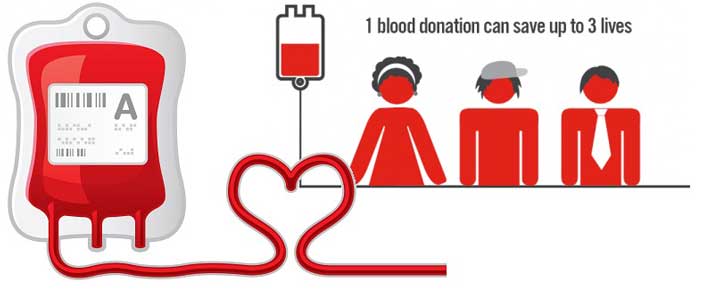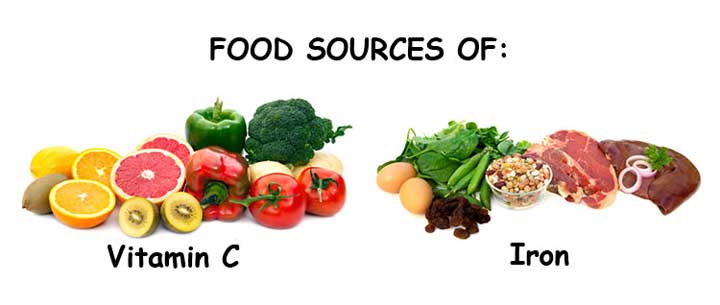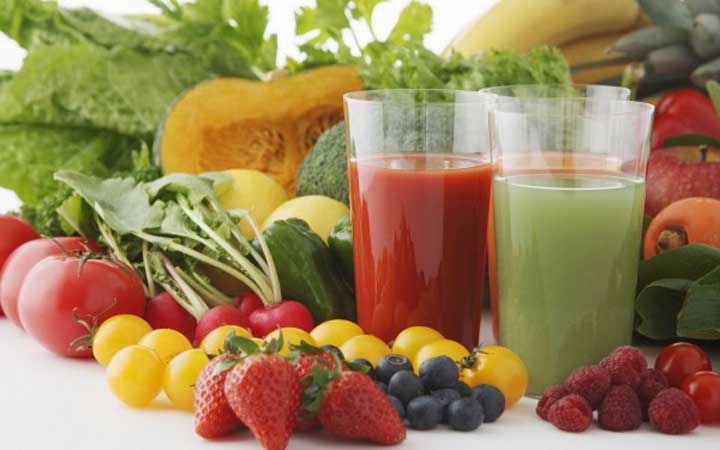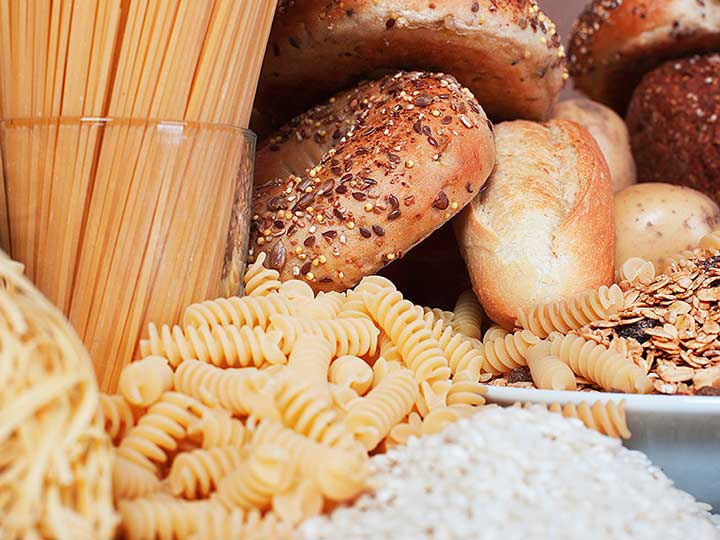Health
Here Are Some Dietary Recommendations To Follow Before Donating Blood
Did you know that, in India, statistics reveal that only 0.5% of the population donates blood, when 50% of the population is eligible to? Blood donation can go a long way in helping patients recover – however, most blood banks and hospitals have less than the needed amount in store at one time.
The Role of Blood and Blood Donation
In the simplest of explanations, blood is necessary because it transports oxygen across the body and carries waste materials away from cells.
Patients suffering from cancer, thalassemia, anaemia and haemophilia or even patients undergoing surgeries, giving birth or victims of accidents may at some point during their treatment require blood transfusions. Because of their conditions or circumstances, their own bodies can no longer produce the amount of blood required to sustain a strong body. Therefore by donating blood, no matter your blood type, you would essentially help save a life.
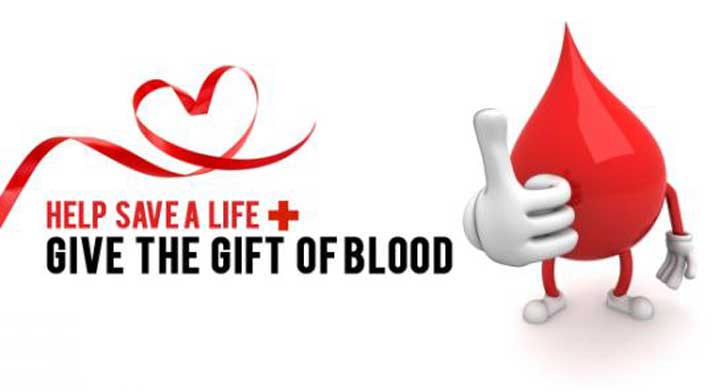
Blood Donating Procedure
A person who wishes to donate blood must fulfil certain requirements to ensure that they are healthy. They should be between 18-65 years old, weigh at least 50 kilograms and have a haemoglobin level of 12.5 gram per 100 ml of blood.
The donation process takes half an hour and takes about 450 ml of blood out of your body.
Before starting the process, a doctor will check to make sure you fulfil the requirements, as well as advise you to eat a good meal before and after the process to maintain energy levels. Want a little more information? Here are some dietary guidelines you should follow before and after the process to make sure it goes off as smoothly as possible:
A Few Days Before Donation: Eat Iron and Vitamin C Rich Foods
Since iron is a crucial component in maintaining healthy blood cells, start increasing your iron intake a week before donating to make sure you are as healthy as possible. Iron rich foods include spinach, liver and other offal, watermelons, dried fruits and seafood.
Additionally, eat foods rich in Vitamin C such as oranges, lemons, dark leafy greens, bell peppers and broccoli. Vitamin C facilitates the absorption of iron in the blood.
24 Hours Before Donation: Eat A Good Meal and Drink Fluids
Ensure that you are eating hearty meals before donating so as to keep your energy levels up. Additionally, drink natural fluids like water, fruit and vegetable juices to boost the amount of fluids in your body; after all – blood is primarily a fluid.
Additionally, avoid eating fatty and deep fried foods a day before donating, as fats can affect tests for diseases and nutrient levels in your blood.
Just After Donation:
Once again, drink plenty of fluids to replenish the ones you lost during the donation. Continue drinking a good amount of fluids over the next 24 hours.
Additionally, increase your Folic acid intake after donating. Folic acid, or folate is used to manufacture new red blood cells – try eating liver, dried beans, green leafy vegetables and fortified breads. You should also enjoy a good amount of carbohydrates (potatoes, pasta, rice and so on) to give your energy levels a boost.
If you follow these guidelines and visit a trusted medical center, donating blood should be a smooth process. Go ahead and give it a try; it’s a feeling like no other.

